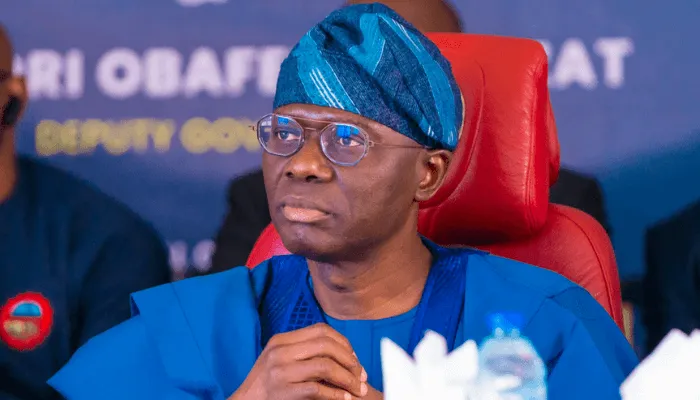Lagos State Partners with Rural Electrification Agency to Boost Renewable Energy

The Lagos State Government has signed an important agreement with the Rural Electrification Agency (REA) to increase the use of renewable energy and improve electricity supply across the state. This partnership aims to solve Lagos’ long-standing power problems and support economic growth.
Agreement Signed at Energy Roundtable Meeting
The deal was finalized during a meeting called the Roundtable Meeting on Rural Electrification and Sustainable Energy Development, held on Monday at the Oriental Hotel in Victoria Island, Lagos. The event was organized by the Lagos State Ministry of Energy and Mineral Resources (MEMR) and brought together key experts and stakeholders in the energy sector to discuss ways to improve electricity access in the state.
Governor Sanwo-Olu’s Commitment to Better Energy
Governor Babajide Sanwo-Olu, represented by Deputy Governor Dr. Obafemi Hamzat, spoke at the event. He emphasized his administration’s commitment to building a cleaner, more reliable, and efficient energy system for Lagos.
The governor explained that unreliable electricity remains a major problem for both households and businesses in Lagos. He said this new partnership with the REA will help solve this issue by expanding renewable energy solutions, especially solar power.
“Many Nigerians generate their own power because the national grid does not reach them. There is actually enough electricity being produced, but it is not well distributed,” Sanwo-Olu said.
He added that Lagos alone has about 4.5 million generators, with many homes and businesses using 30 kVA or 50 kVA generators instead of relying on the public power supply.
The governor stressed that a well-planned energy system is necessary to boost productivity, create jobs, and support economic growth. He also highlighted the importance of working with local communities to ensure the success of these energy projects.
Community Involvement is Key
Governor Sanwo-Olu directed the Ministry of Energy and Mineral Resources to involve local communities in the planning and execution of rural electrification projects. He said that Community Development Associations (CDAs) and Community Development Committees (CDCs) will play a major role in identifying energy needs and ensuring projects meet local demands.
New Opportunities for Lagos
Mr. Biodun Ogunleye, the Commissioner for Energy and Mineral Resources, described the agreement as a major step forward for Lagos. He said the partnership will help the state move toward cleaner energy, reduce dependence on fossil fuels, and create new business opportunities.
“This partnership will give Lagosians access to stable and uninterrupted electricity. It will also open up new markets for energy providers, encourage innovation, and create jobs in the green energy sector,” Ogunleye said.
What the Agreement Covers
The Memorandum of Understanding (MoU) signed between Lagos State and the REA will focus on:
- Expanding solar power generation and distribution in areas without reliable electricity.
- Conducting technical assessments to identify the best locations for renewable energy projects.
- Providing training and support for local energy cooperatives.
- Attracting private investments to fund renewable energy solutions.
Lagos’ Electricity Challenges
A recent report, the Lagos Economic Development Update (2025), revealed shocking details about the state’s energy crisis:
- Over 80% of Lagos residents and businesses rely on generators for electricity.
- They spend N5.3 trillion every year on fuel for generators.
- Only 31% of households in Lagos have access to the national grid.
- The remaining 69% depend on generators or other alternative power sources.
Why This Partnership Matters
This agreement is a big step toward solving Lagos’ electricity problems. By focusing on renewable energy, the state can:
✔ Reduce pollution from generators.
✔ Cut electricity costs for businesses and households.
✔ Create jobs in the solar and renewable energy sector.
✔ Improve power supply in rural and underserved areas.
What’s Next?
With the MoU now signed, the Lagos State Government and the REA will begin implementing projects to expand solar and other renewable energy solutions. The success of this initiative will depend on strong collaboration between the government, private investors, and local communities.
If successful, this partnership could serve as a model for other states in Nigeria struggling with electricity shortages.
Round Up
Lagos State is taking a major step toward a cleaner and more reliable energy future. By partnering with the REA, the government hopes to reduce dependence on generators, lower energy costs, and create new opportunities in the green economy.
This move could transform Lagos into a leader in renewable energy adoption in Nigeria, benefiting millions of residents and businesses.



